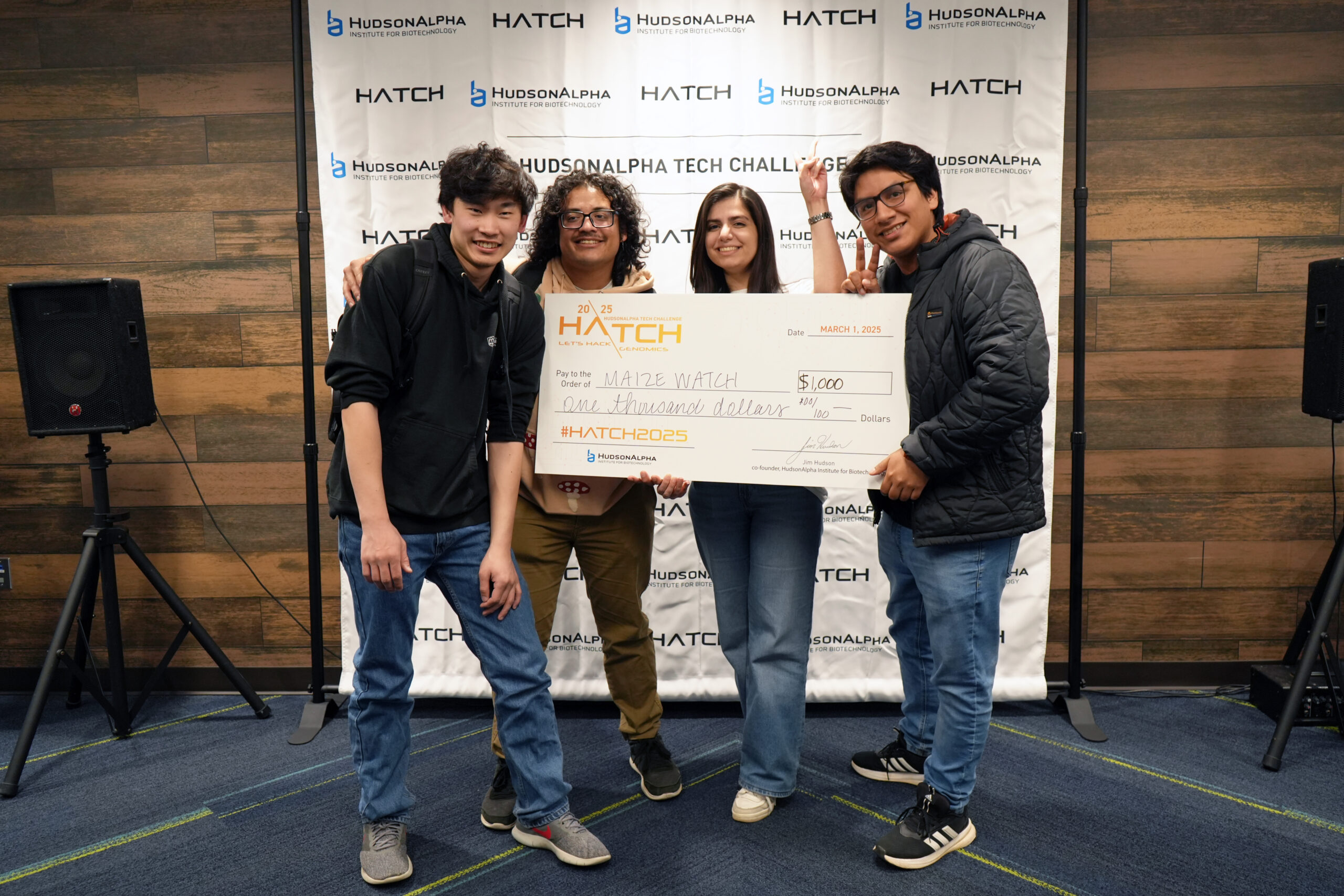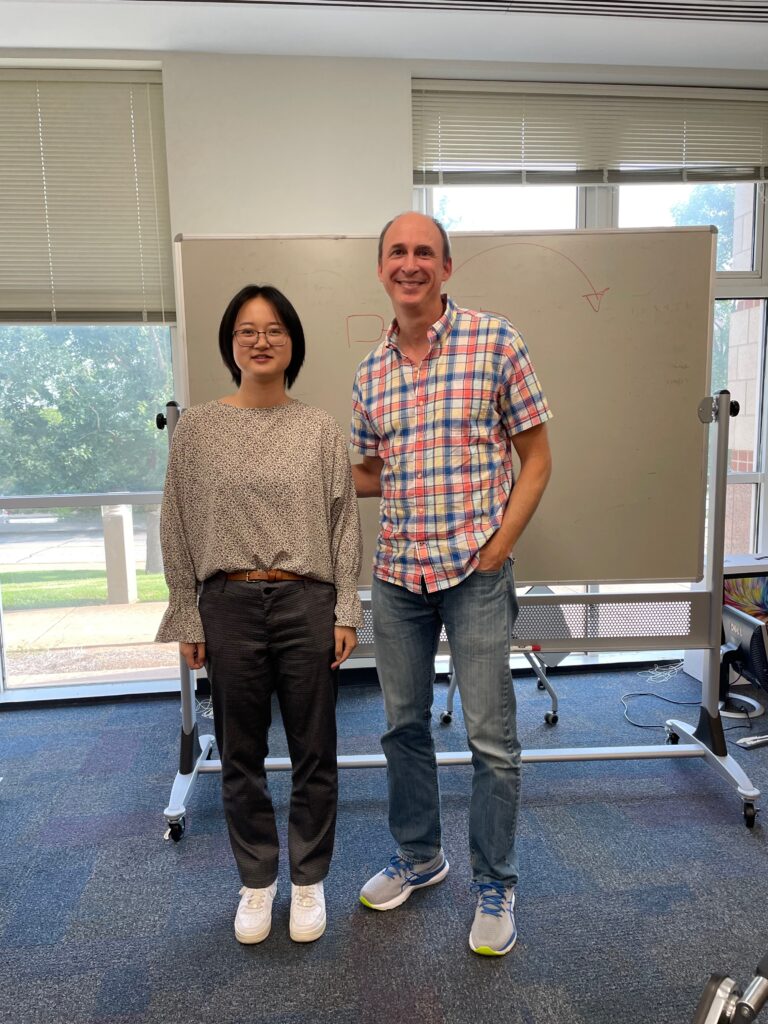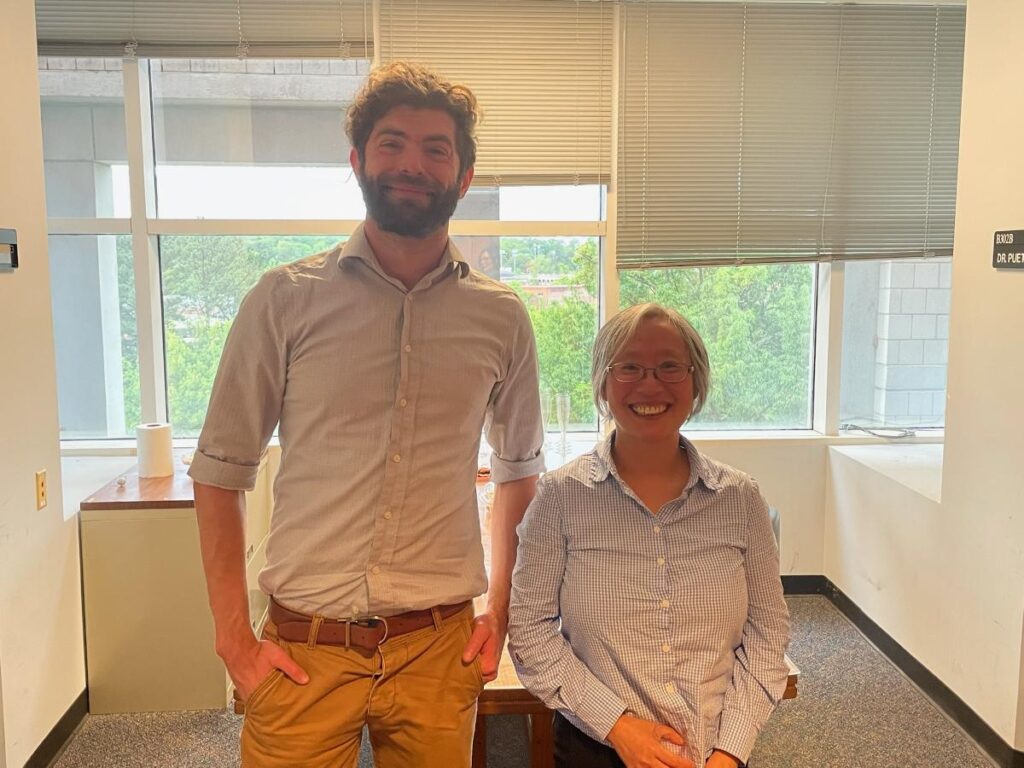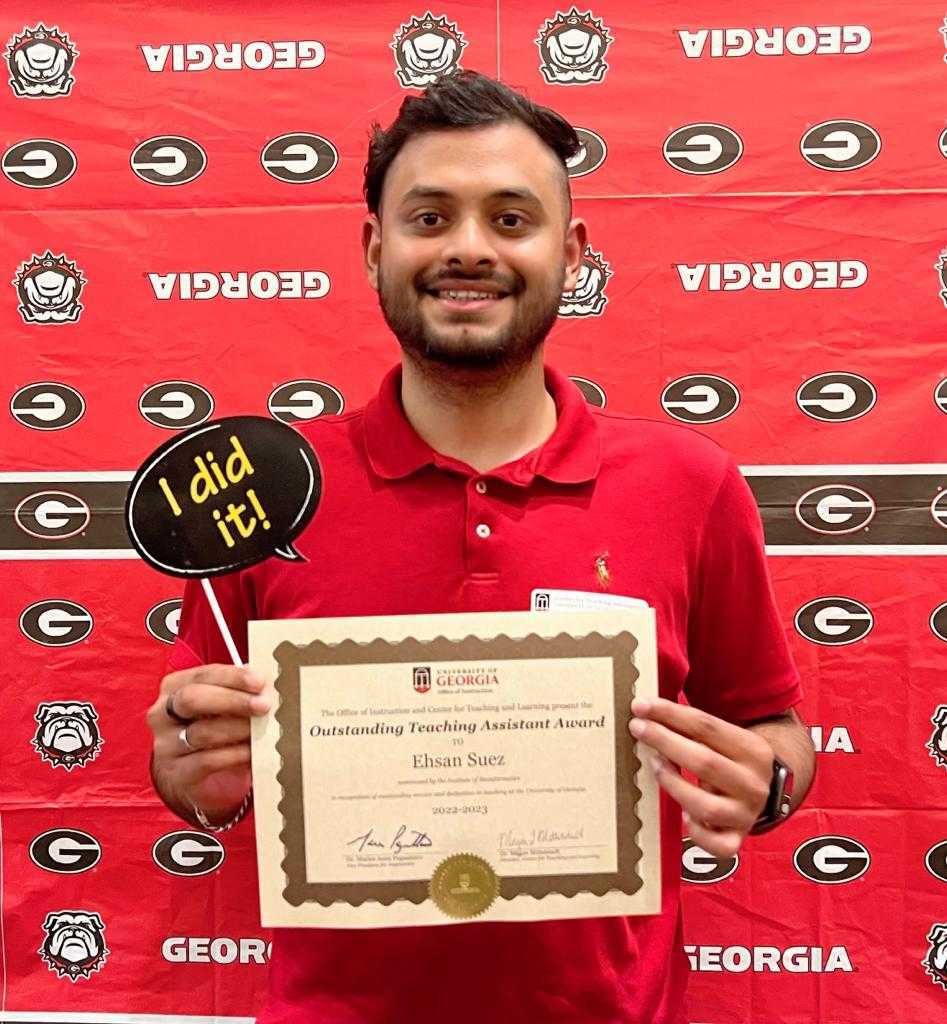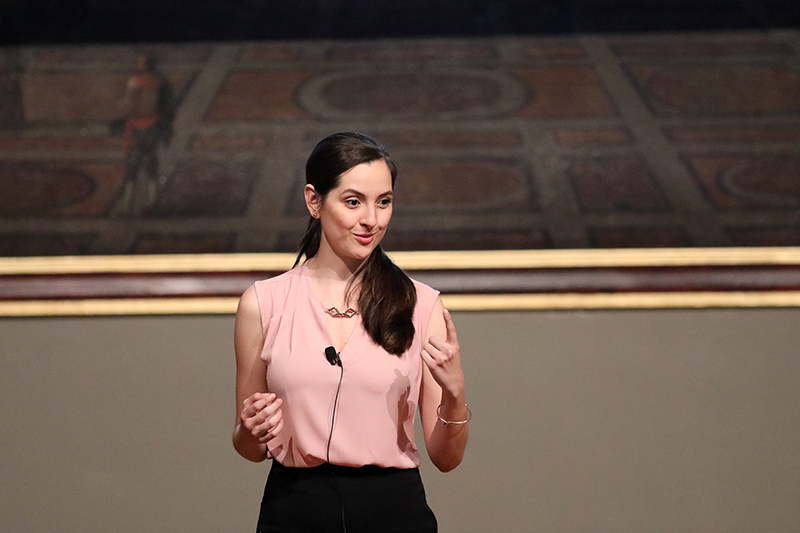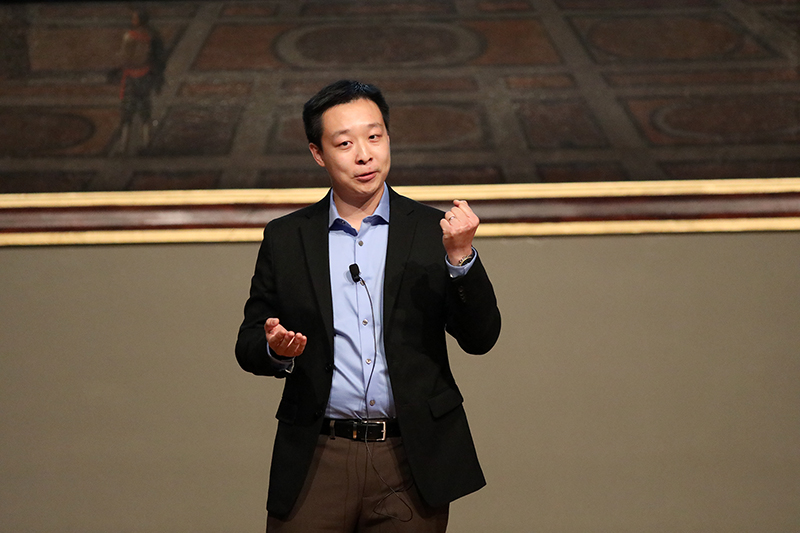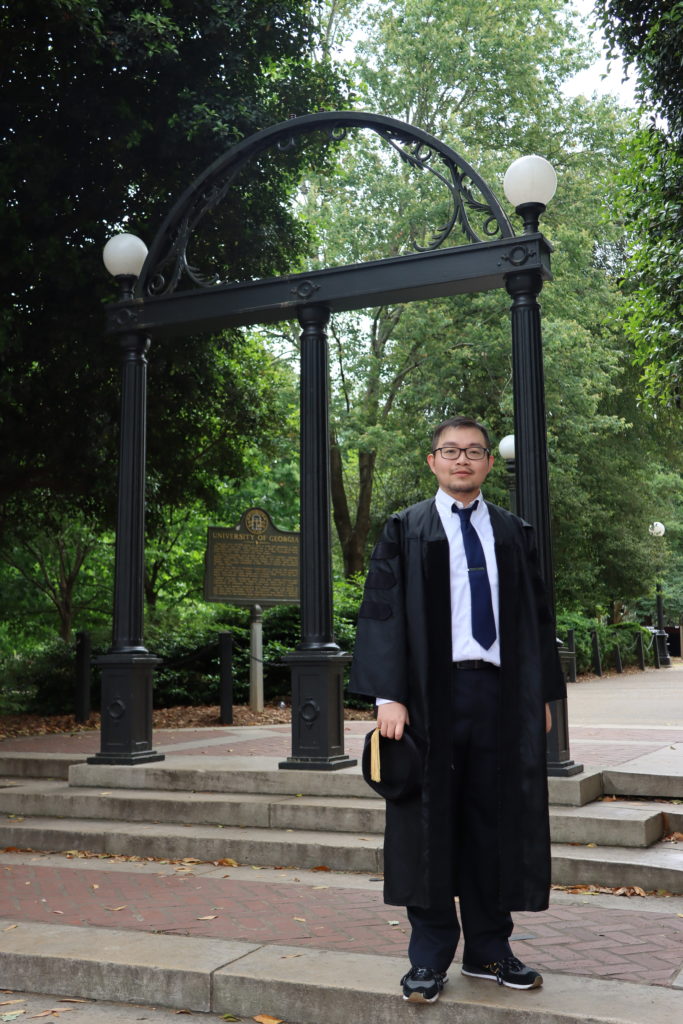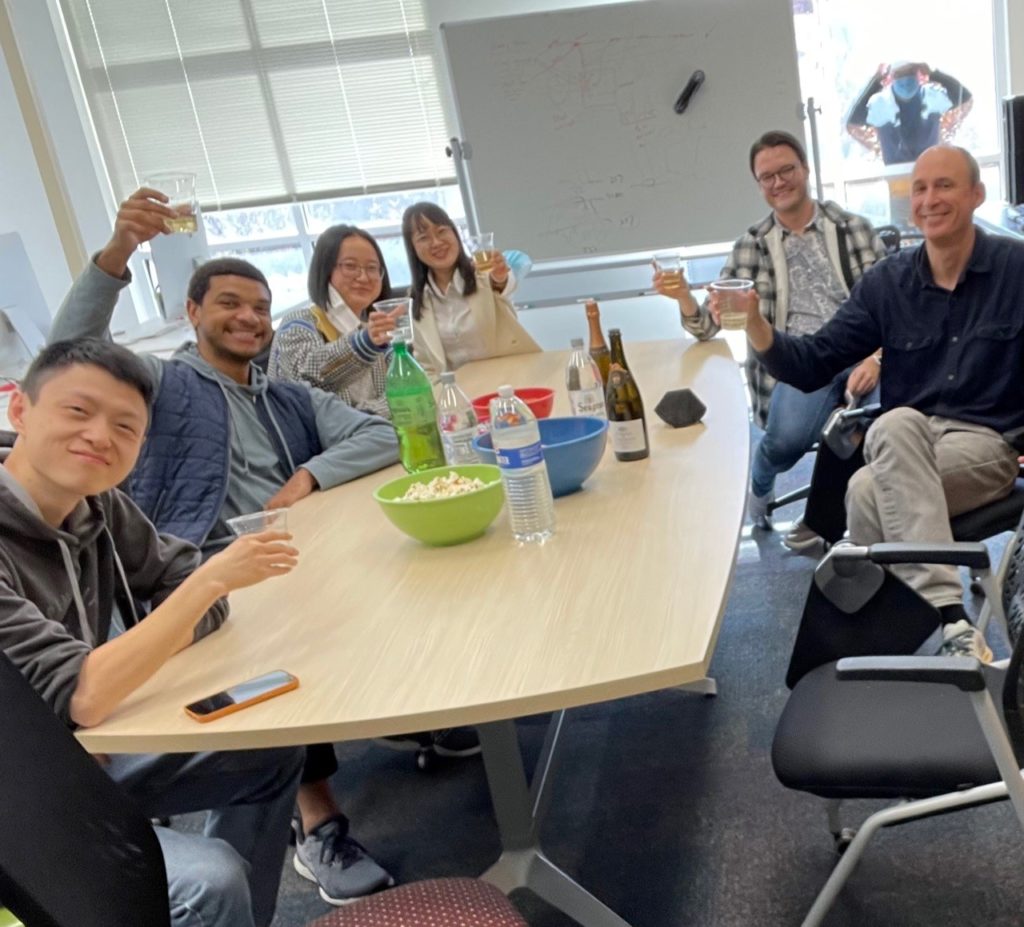 Holly Bik, assistant professor in the University of Georgia Franklin College of Arts and Science department of marine sciences with a joint appointment in UGA’s Institute of Bioinformatics, has received a grant from the National Science Foundation Faculty Early Career Development Program (CAREER) to study the biodiversity, evolution, and ecology of free-living marine nematodes and their host-associated microbiomes.
Holly Bik, assistant professor in the University of Georgia Franklin College of Arts and Science department of marine sciences with a joint appointment in UGA’s Institute of Bioinformatics, has received a grant from the National Science Foundation Faculty Early Career Development Program (CAREER) to study the biodiversity, evolution, and ecology of free-living marine nematodes and their host-associated microbiomes.
The five-year, $1 million CAREER grants, among the most prestigious awarded by the NSF, support early-career faculty who exhibit promise as both researchers and teachers, and whose work has the potential to advance their field and their institution.
Bik’s expertise stands at the interface between biology and computer science, using biological questions and evolutionary hypotheses to drive the development and refinement of –Omic approaches focused on marine microbes.
Her NSF-supported project will represent the first large-scale investigation that collects molecular data across marine habitat gradients, including across salinity levels, water depths, and and gradients of environmental stressors such as pollution and oxygen availability. The study will provide a comparative dataset for the existing body of nematode taxonomic studies to advance knowledge of the structure and function of seafloor marine ecosystems.
“Nematode worms are populous in sediment habitats worldwide, from coastal estuaries to deep-sea methane seeps, though little is known regarding their interactions with sediment geochemistry and bacteria and archaeal members of the community,” Bik said. “We want to better understand how they interact with those microbial communities, as well as utilize new computational frameworks and data visualization tools to advancing the pace of environmental microbiome studies.”
“Dr. Bik is well-recognized by the scientific community for her development and refinement of high-throughput sequencing and novel computational tools to study the ecology and evolution of microbial taxa from diverse environments,” said Daniela Di Iorio, professor and head of the department of marine sciences. “Students have shown a keen interest in learning these advanced computational methods used to study complex biological ecosystems and I am confident that she will continue to provide excellent student research and educational experiences at UGA and beyond, and that this CAREER grant will aid Dr. Bik in achieving those goals.”
Bik’s research will use a novel approach that combines traditional light microcopy, environmental DNA sequencing, and single-worm genome sequencing in order to advance scientific knowledge of free-living nematodes and their ecological and evolutionary roles in marine habitats worldwide. The resulting datasets will produce an important baseline of global nematode biodiversity in shallow-water and deep-sea marine habitats, and illuminate “dark areas” in the Nematode Tree of Life – lineages which are currently poorly sampled. The project combines interdisciplinary research themes spanning marine nematode systematics, bioinformatics, and microbial ecology, with a strong integration of computational training and science communication for undergraduate and graduate students across all project aims.
“I’m absolutely thrilled to receive an NSF CAREER award that will advance my lab’s research merging classical nematode taxonomy, microbial ecology, and benthic marine science,” Bik said. “I’m especially excited to incorporate bioinformatics training into graduate and undergraduate curricula at UGA, which will help students develop strong data science skills that will be valuable for their future career paths.”
Image courtesy of Holly Bik.
Bik lab @ UGA
By: Alan Flurry, UGA- Franklin News

